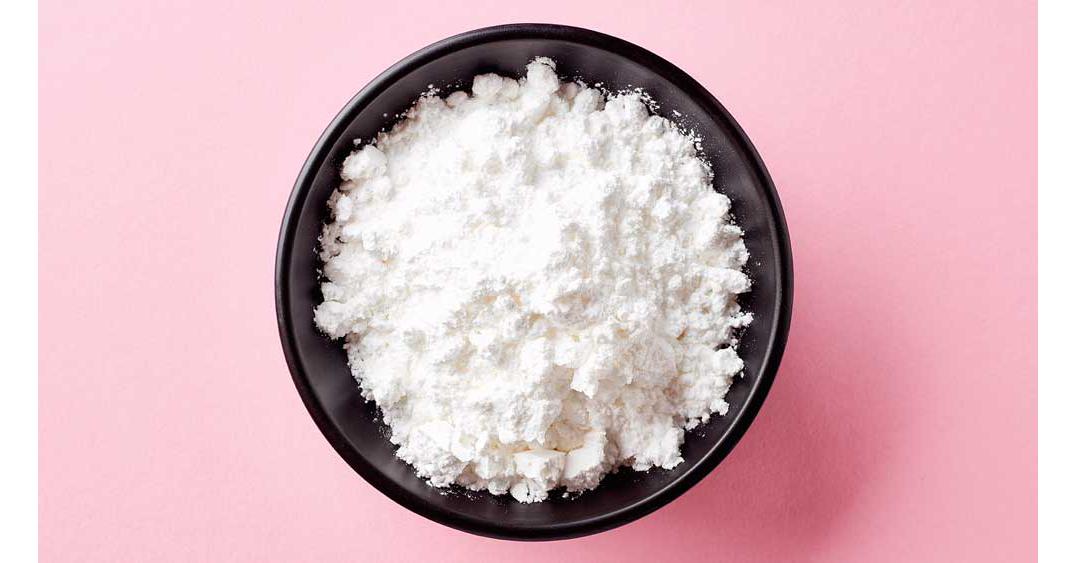Polyvinyl alcohol, commonly known as PVA, is a water-soluble, synthetic polymer. It is widely used in various applications, such as paper coatings, textiles, food packaging materials, adhesives, and many more. It is a versatile polymer with excellent film-forming properties, high tensile strength, and good adhesion to different substrates.

Polyvinyl alcohol's unique properties make it an essential ingredient in many industrial and consumer products. However, before we delve into the uses and applications of PVA, let's first understand what it is and how it is synthesized.
The Synthesis of Polyvinyl Alcohol
Polyvinyl alcohol is synthesized by the hydrolysis of polyvinyl acetate. In simple terms, polyvinyl acetate is treated with an alkaline solution, such as sodium hydroxide, to remove the acetate groups and form PVA. The degree of hydrolysis (i.e., the extent of removal of acetate groups) determines the PVA's properties.
For instance, PVA with a higher degree of hydrolysis is more hydrophilic (i.e., attracts water) and has better adhesive properties, while PVA with a lower degree of hydrolysis is more water-resistant and has better film-forming properties.
Uses and Applications of Polyvinyl Alcohol
As mentioned earlier, PVA has a wide range of applications due to its unique properties. Some of the common uses and applications of PVA are:
Paper Coatings: PVA is used as a coating agent for paper and paperboard to improve their quality and performance. It provides a smooth surface, enhances printability, and prevents ink from smudging.
Textiles: PVA is used in the textile industry as a sizing agent (i.e., to give the fabric stiffness and shape) and as a finishing agent (i.e., to provide a soft and smooth texture to the fabric). It is also used in the production of synthetic fibers like polyester.
Food Packaging Materials: PVA is used in the production of food packaging materials as it is non-toxic, odorless, and does not react with food. It is used as a coating agent for paper and plastic films to enhance their barrier properties and prevent moisture and oxygen from entering the packaging.
Adhesives: PVA is used as a binder in adhesives for various applications, such as woodworking, paperboard packaging, and textiles. It forms a strong, flexible bond and has good water resistance.
Polyvinyl Alcohol Factory
Polyvinyl alcohol is produced by many companies around the world. A Polyvinyl Alcohol factory is a facility where PVA is manufactured in large quantities using various processes like hydrolysis of polyvinyl acetate followed by precipitation or spray drying. The quality and properties of PVA produced by different factories may vary depending on the production process, degree of hydrolysis, and other factors.
In conclusion, Polyvinyl alcohol is an essential polymer with a wide range of applications in various industries. Its unique properties make it a valuable ingredient in many products, and its production is carried out in many factories globally. As the demand for PVA continues to rise, the research and development of this polymer are likely to lead to new applications and better products.